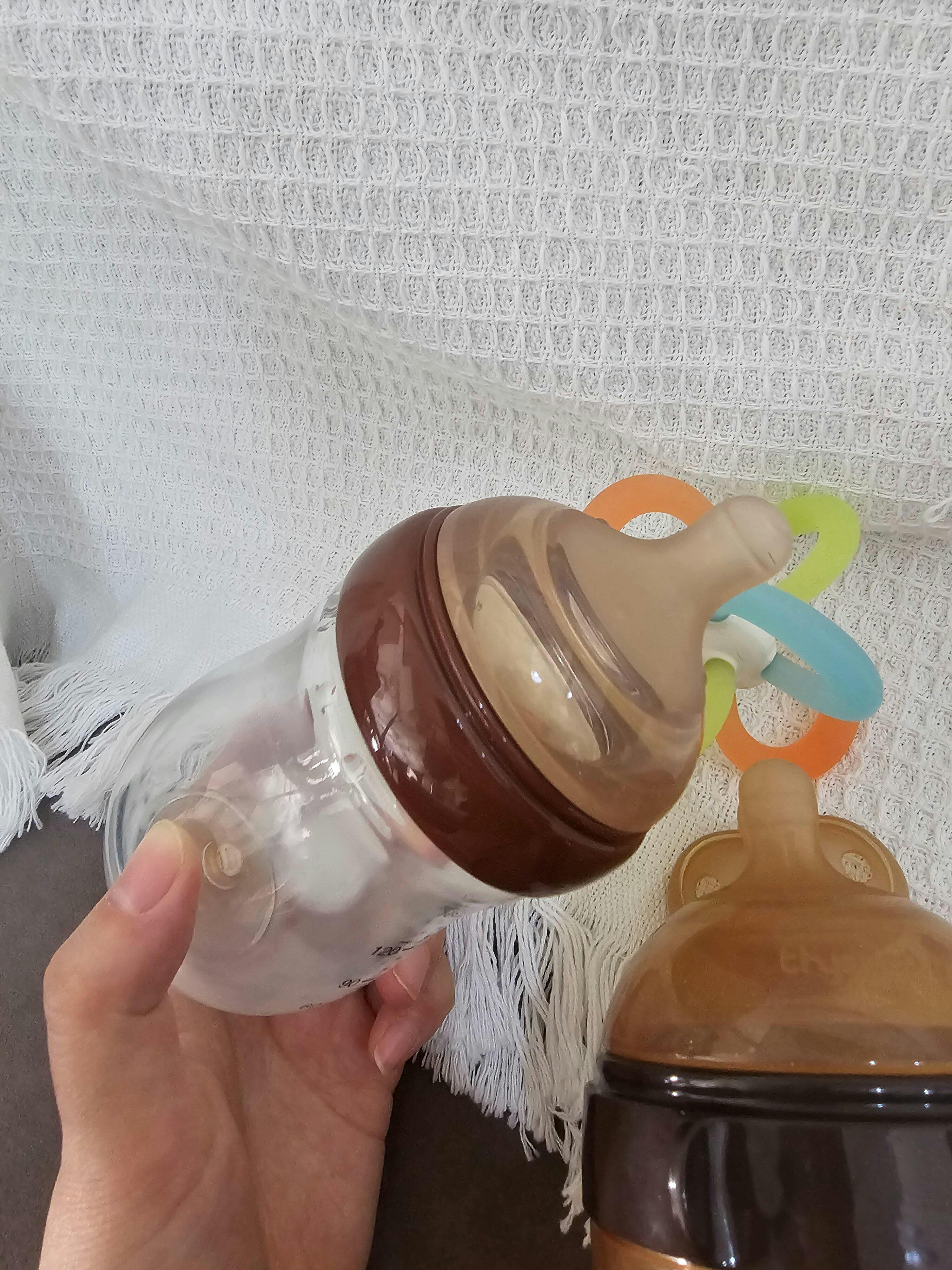Unlock the Secret to Choosing the Perfect Bottle for Every Occasion!
In our daily lives, bottles are ubiquitous, serving a variety of purposes from hydration to storage. When it comes to choosing between glass bottles and plastic bottles, the decision can be more complex than it seems. Each type comes with its own set of advantages and disadvantages that can influence your choice based on the context in which you are using them. Environmental concerns have also become paramount in recent years, as we grapple with the implications of our consumption habits. Health considerations further complicate the decision, as both materials have their pros and cons. Understanding these factors can help you make an informed choice that meets your specific needs while also considering broader impacts on the planet.

Understanding Glass Bottles
Glass bottles have long been favored for their aesthetic appeal and practical benefits. One major advantage is their recyclability; glass can be recycled indefinitely without losing quality. This makes it a more sustainable option for environmentally conscious consumers. Additionally, glass bottles do an excellent job of preserving the flavor and freshness of beverages, making them a popular choice for wine, craft beers, and artisanal juices. Their non-porous surface does not absorb flavors or odors, ensuring that each drink tastes just as it should. However, glass bottles are not without their drawbacks. They are heavier than plastic, making them less convenient for on-the-go situations. Breakage is another concern; a dropped glass bottle can shatter, posing safety risks and leading to waste. In my own experience, I’ve had friends who preferred glass for home use due to its elegance, but they often resorted to plastic for outdoor activities to avoid the risk of breakage.
Understanding Plastic Bottles
Plastic bottles have surged in popularity due to their lightweight nature and convenience. They are often the go-to choice for athletes, travelers, and families on the move. Plastic is durable and less likely to break compared to glass, making it a safer option in many scenarios. Additionally, many plastic bottles are designed for single use, which can be a practical choice for events or outings where carrying glass would be cumbersome. However, several concerns surround plastic bottles that cannot be ignored. One significant issue is chemical leaching; certain types of plastic may release harmful substances, especially when exposed to heat or prolonged use. Moreover, the environmental impact of plastic waste is staggering, with millions of tons ending up in landfills and oceans each year. A friend of mine, who is an avid hiker, often uses plastic bottles for convenience during expeditions, but she is increasingly aware of the long-term environmental effects and is considering switching to reusable glass alternatives.
Comparative Analysis: Glass vs. Plastic Bottles
When comparing glass and plastic bottles, several key factors come into play: safety, cost, environmental impact, and usability across different contexts. In terms of safety, glass is generally considered safer for food and drink storage, as it doesn’t leach chemicals. However, plastic bottles can be more practical for outdoor activities where breakage is a concern. Cost-wise, plastic bottles are typically less expensive and more accessible than glass. Regarding environmental impact, glass wins out for its recyclability, while plastic bottles contribute to pollution and landfill overflow. Usability varies by situation: for travel, plastic's lightweight nature is often preferred, while glass is ideal for home use and formal events where presentation matters. During a recent picnic with friends, we faced this dilemma—some opted for glass bottles to keep our drinks fresh and stylish, while others brought plastic for ease of transport. Ultimately, the choice often depends on the specific context and personal preferences.
Choosing the Right Bottle for Different Occasions
When it comes to selecting the right bottle for various occasions, practical considerations are essential. For picnics or outdoor events, plastic bottles may be the most convenient choice due to their lightweight and unbreakable nature. If you're hosting a formal dinner party or a wine tasting, glass bottles can elevate the experience, adding elegance to the table. For sports activities, a durable plastic bottle that fits into a gym bag is often preferred. Ultimately, consider factors such as convenience, safety, and style to make the best choice for your needs. Whether you prioritize aesthetics, practicality, or environmental impact, being mindful of your selection can enhance your experience while also aligning with your values.
Making an Informed Bottle Choice
In summary, the choice between glass and plastic bottles is not a one-size-fits-all decision; it requires careful consideration of the specific needs of each situation. Both types of bottles come with their own set of advantages and disadvantages that can significantly impact your experience. As we navigate the complexities of modern consumption, it's essential to weigh both environmental and personal factors when making your choice. By understanding the implications of your decision, you can choose a bottle that not only serves your immediate needs but also contributes positively to the planet.







